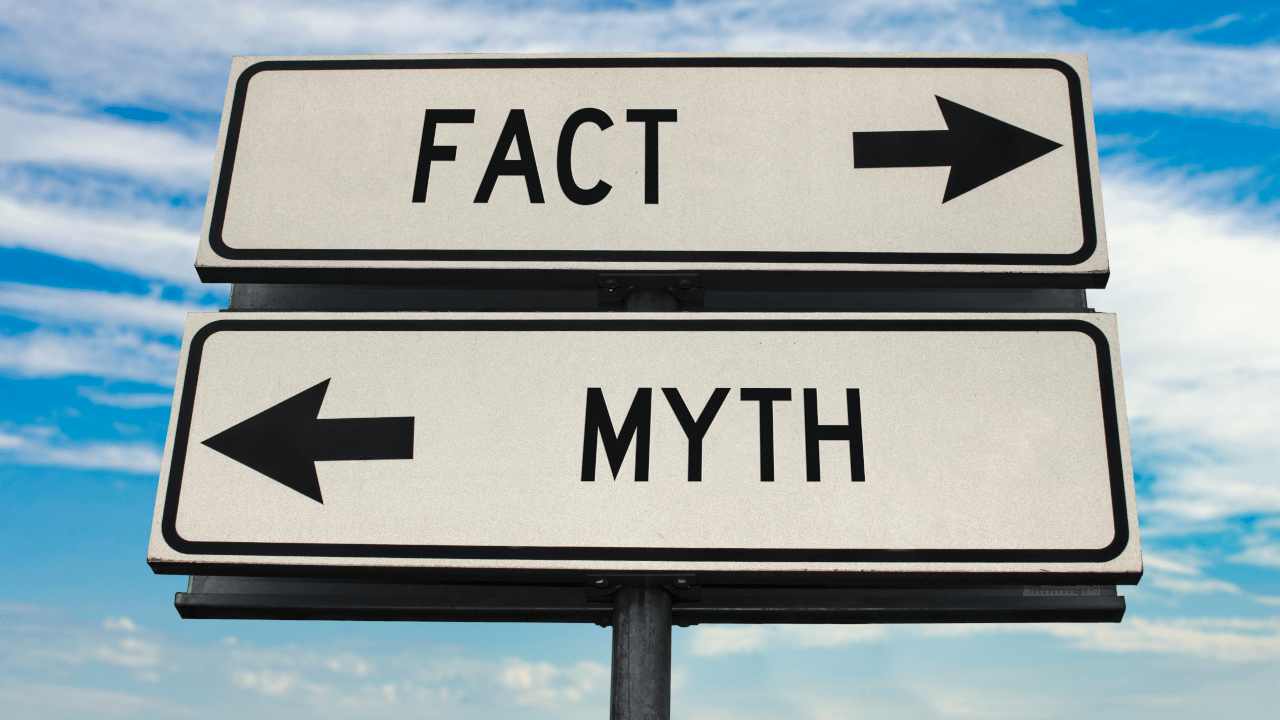
In any form of combat, there are victors and losers. In the battle over hotel rate parity, however, there are a number of constituencies with stakes in the fight.
Because the hotel industry is highly fragmented, with hotel owners and brands each employing differing business models, each party may be impacted differently by changes in pricing strategy, distribution policy, or marketing efforts.
Compensation to online travel agencies (OTAs) is typically paid at the property level and is not reflected on brand profit-and-loss statements.
On the other hand, a brand advertising campaign may be borne entirely by the brand, with the hotels benefiting from any resulting bookings.
Game theory
Morgan Stanley, the investment bank, recently analyzed the potential impact of the hotel/OTA battle. Given its interest in tracking securities, the investment bank evaluated three actors: hotel owners (Real Estate Investment Trusts, or REITs), hotel brands, and OTAs.
The assessment for hotel owners was that, against standard-hotel-brands-win versus OTAs-win scenarios, it was unlikely the hotel owners would be significantly impacted—only seeing a small (i.e., ± 3%) valuation swing.
Hotel brand valuations had more at stake, varying ± 16%, depending if they won or lost.

The group with the most to gain or lose were the OTAs. There was one interesting nuance, though. Their potential upside of 27% exceeded their forecast downside of 23%.
With more to gain, yet much to lose, from a shareholder value perspective, OTAs could expect considerable pressure to win the battle — perhaps with more intensity than that experienced by the hotel brands.
Read rest of the article at Tnooz




